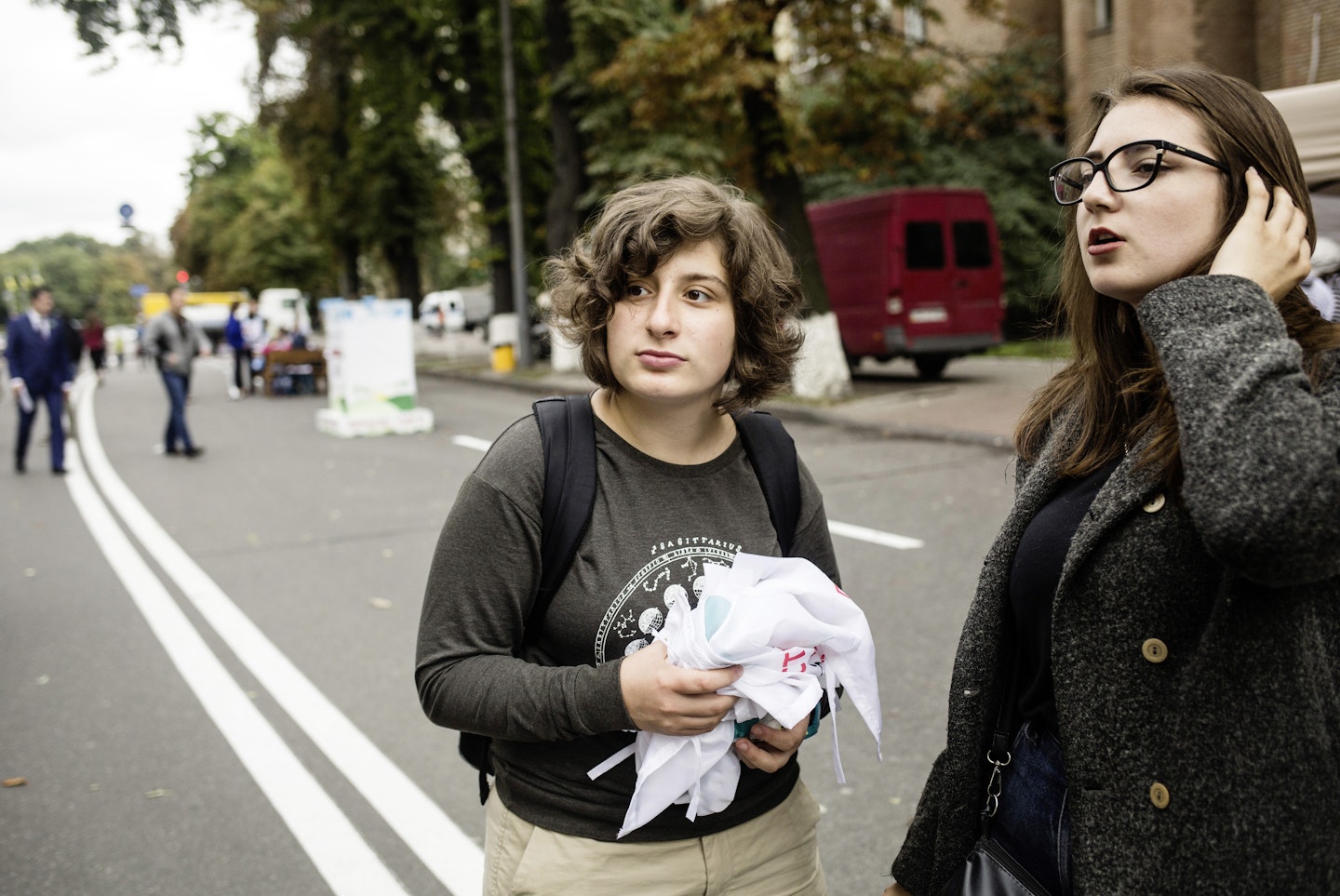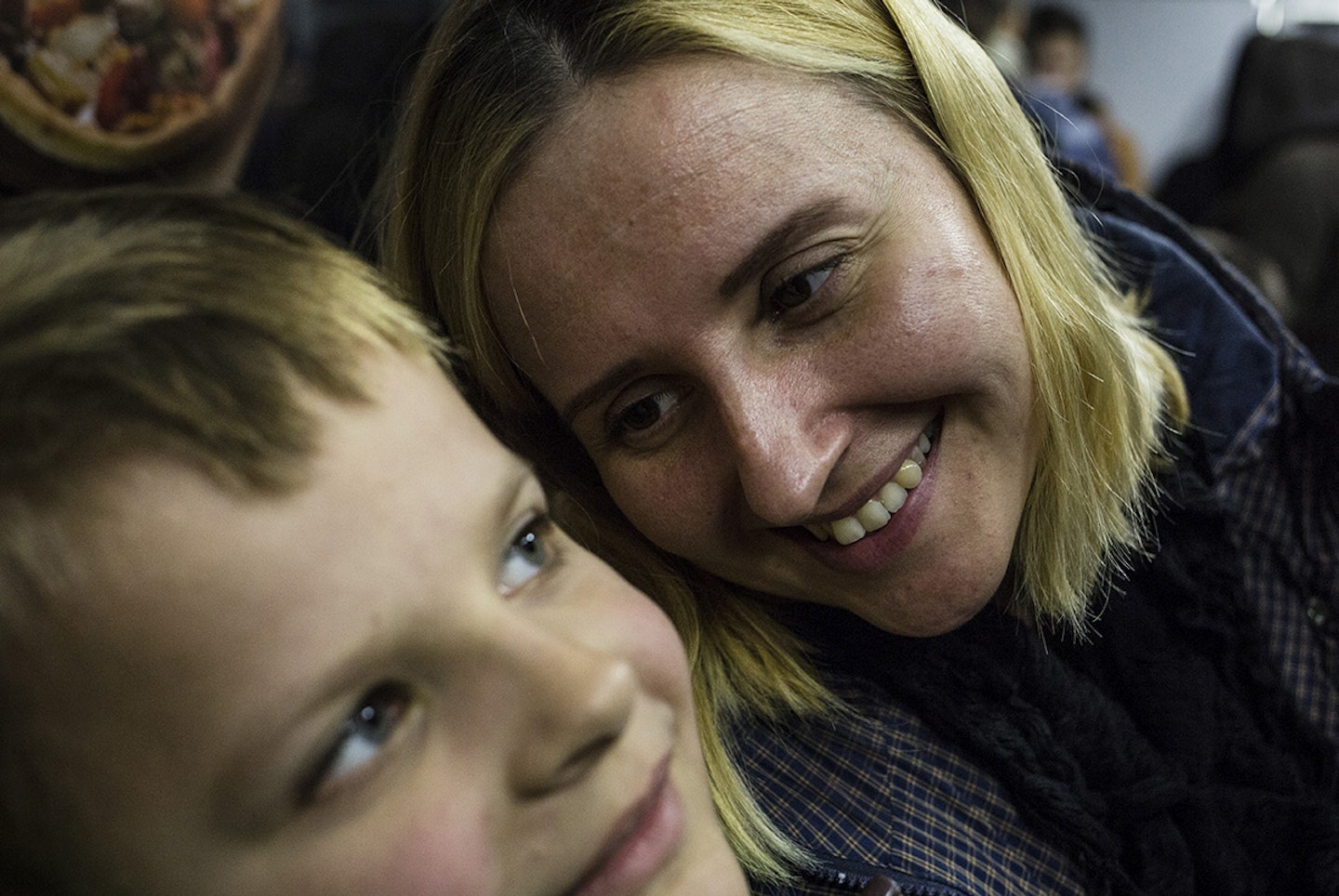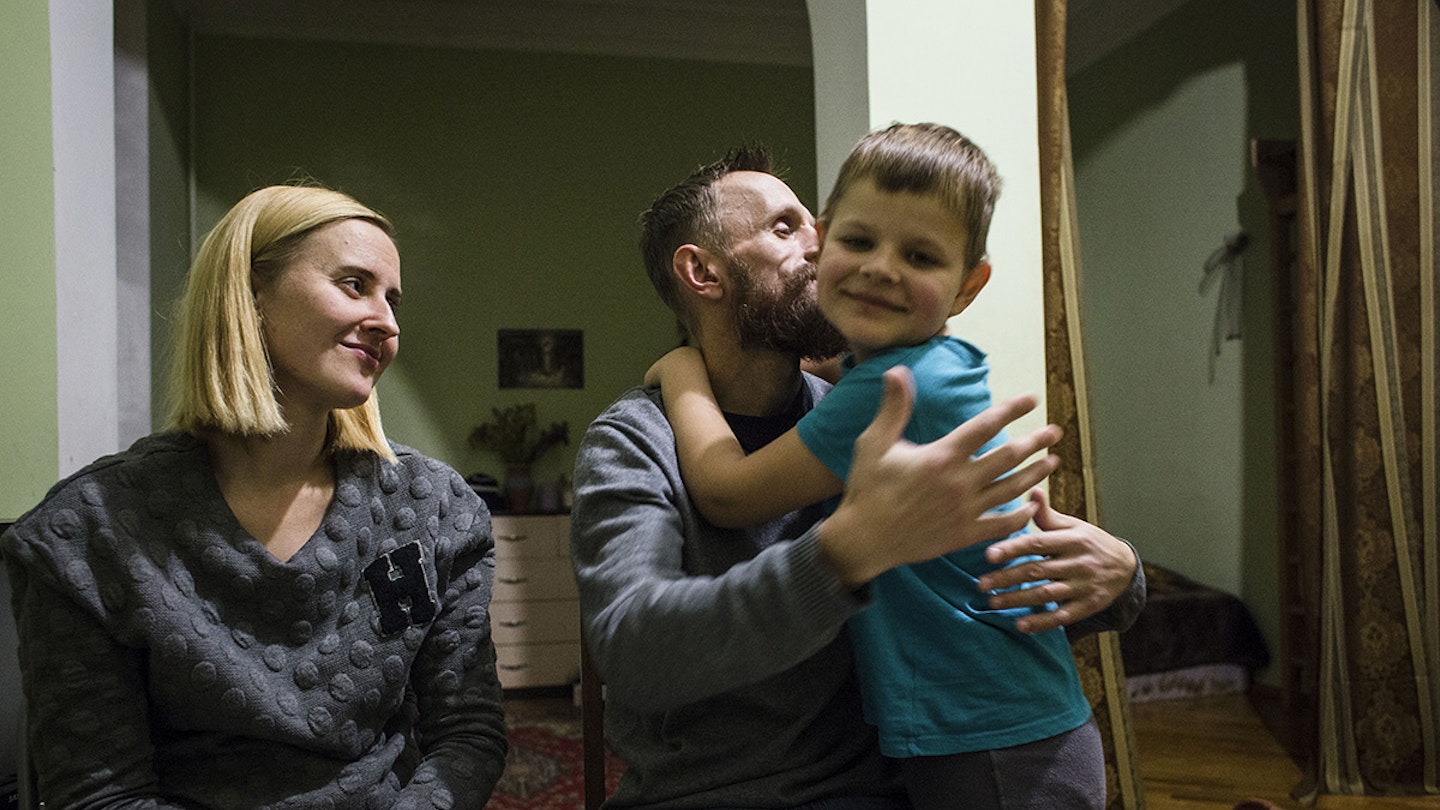Ukraine is suffering from the fastest growing HIV epidemic in Europe. Behind the numbers – more than 220,000 cases at the last count – are drugs, lack of education and a devastating war in the east. But perhaps the most surprising statistic is that 45 percent of those living with HIV in the country are women.
Across the world, a similar pattern is emerging, with women constituting more than half of the 36 million people globally who live with HIV/AIDS. Not only are women biologically more prone, but gender inequality, violence, commercial sex work and a lack of access to education and healthcare are further driving the increase. Latest figures reveal 47 percent of new HIV infections in 2015 were among women.
In Ukraine, the problem has become a crisis. Yana Panfilova, who was born HIV positive to a former drug user, has lived with the virus for 19 years. Back in 1997, she was supposed to be at summer camp. But, when she fell ill, her mum finally revealed that the ‘vitamins’ she had been taking for 10 years had not just been keeping her healthy – they had been keeping her alive.

'I thought I just had chicken pox, but then my mum makes it even better by telling me I had HIV,' she says, drily. 'My first question was: "So am I going to die now?"'
I refuse to keep quiet anymore.
Yana is among many fighting for change, offering advice and support to teens with her organisation Teenergizer. She knows just how difficult it is to grow up with HIV. Twice a day, she must take three pills, and there are quarterly hospital examinations, as well as lifelong medication, to contend with. In school, Yana was so afraid of the stigma that she told classmates the pills were for her heart. Until one day. 'Suddenly, I realised that I am discriminating against myself by keeping silent – and I should change that. I thought that if I open my status, other teenagers will understand that they are not alone. I refuse to keep quiet any more.'
But not everyone can be as brave as Yana. Widespread discrimination against the HIV population in Ukraine often isolates women from family, friends and community. For 33-year-old mother of three Anna Gvozd, it has turned a dream into a nightmare.
She first met her HIV-positive husband, Gesha, at the drug rehabilitation clinic where he was seeking help and she worked as a secretary. They fell so in love that, five years later, a family was all she wanted. Improved medication meant it was possible to conceive naturally without risk of infection. But during her second pregnancy, Anna too was diagnosed. Before long, the realities of living with HIV as a woman in Ukraine became clear.

'Labour was terrible. The doctors were dressed like cosmonauts. They had a helmet with a shield like they were going to fly on the moon, and rubber gloves up to the shoulders. I was the only one on the whole floor. It was only the love of my close ones that stopped me from falling into depression.'
There is hope. Go forward because you can live with this.
Today, war has forced the family from home. Although all three of their sons are free of HIV, their third was born deaf and autistic after the umbilical cord became caught around his neck, so Anna has a lot to deal with. Both she and Gesha keep their condition a secret for the children’s sake.
But HIV is no longer the death sentence it once was. Treatment keeps Anna healthy and she can now look forward to old age. Like millions, she is testament to advances in science – taking us from the unspeakable horrors of AIDS in the 1980s, to new treatments that reduce HIV in the blood to virtually undetectable levels and a global goal to end AIDS by 2030. 'People need to realise that there is hope,' says Anna. 'Go forward because you can live with this.'
Much of that hope comes from people like Yana, who work tirelessly to improve awareness and women’s lives. And she is not stopping there.
'One day I will be president,' she says, smiling. 'Can you imagine when the first person in the government says that I am HIV positive and I have a good life?'
Credit/ worldaidsday.org
